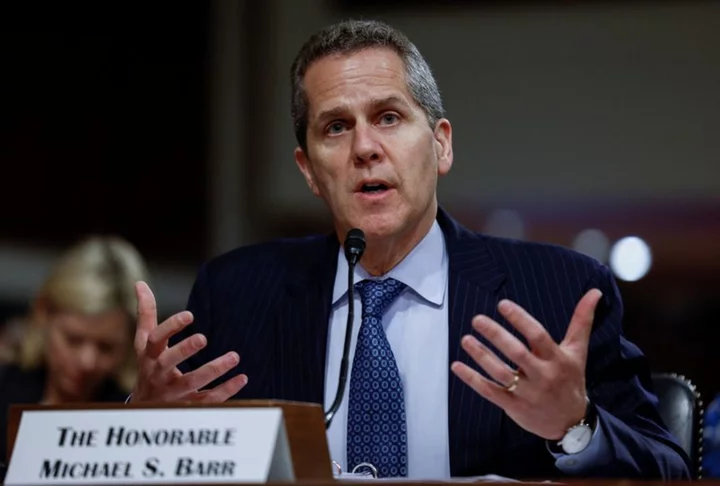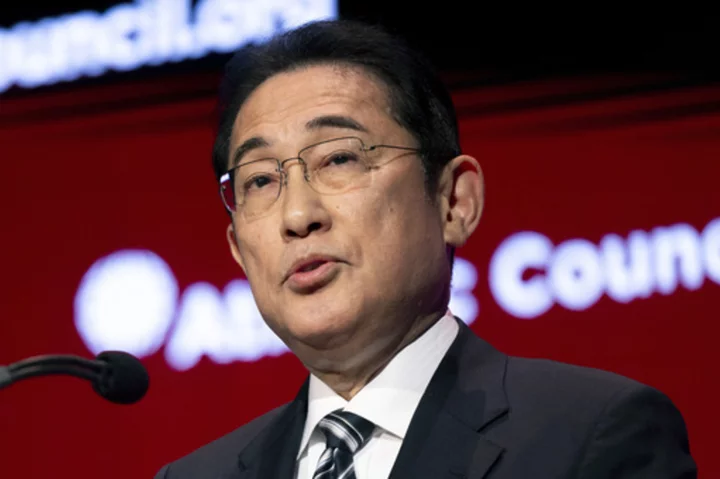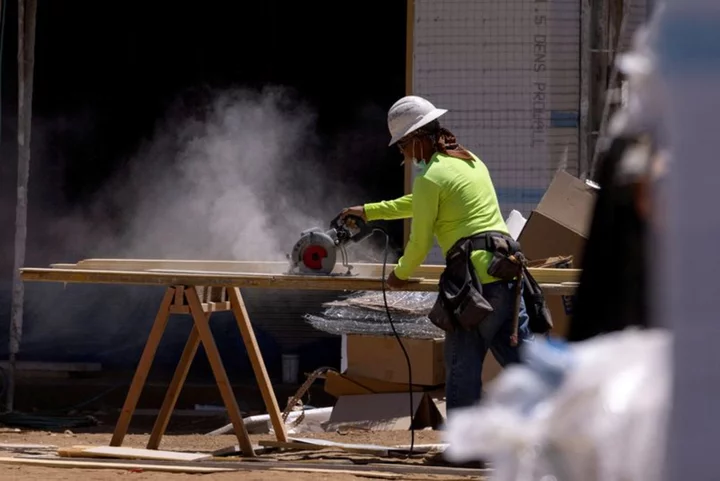Federal Reserve Vice Chair for Supervision Michael Barr on Monday said the U.S. central bank should proceed "carefully" on monetary policy, adding that his focus is less on how much higher interest rates should go but how long they should stay high.
"In my view, the most important question at this point is not whether an additional rate increase is needed this year or not, but rather how long we will need to hold rates at a sufficiently restrictive level to achieve our goals," Barr said in remarks prepared for delivery to the Forecasters Club of New York. "I expect it will take some time."
The Fed last month opted to leave its benchmark policy rate unchanged in the 5.25%-5.5% range, but most policymakers were penciling in another interest rate hike before year's end and fewer rate cuts next year than they had earlier envisioned.
Barr said his assessment of appropriate policy will take account of a range of incoming data, including "the cost and availability of credit to the economy."
There's been a lot of progress on inflation, Barr said, noting that the consumer price index, which was rising at a 9% pace in June of last year, registered about a 3.75% increase in August, and inflation expectations remain anchored at the Fed's 2% target.
The labor market is "tight" he said - unemployment was 3.8% in August - but the supply and demand of workers has come into better balance, and he is more confident than he had been that the Fed can bring inflation down without a sharp rise in job losses.
His baseline expectation, he said, is for GDP growth to moderate to below its potential, which most Fed officials estimate at 1.8%, and for the labor market to soften further.
"Given how far we have come, we are now at a point where we can proceed carefully as we determine the extent of monetary policy restriction that is needed," he said, echoing closely how Fed Chair Jerome Powell put it after September's policysetting meeting.
He added that he feels the full effects of the Fed's policy tightening to date - which include 5.25 percentage points of rate hikes over the last 18 months, and an ongoing shrinking of its balance sheet - "are yet to come in the months ahead."
(Reporting by Ann Saphir; Editing by Andrea Ricci)









